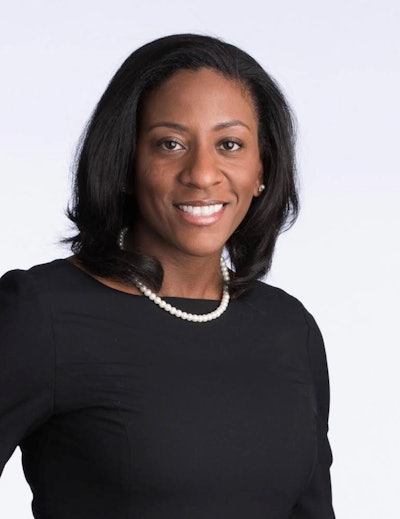Since mid-March, COVID-19 has brought the traditional operations of higher education institutions in the U.S to a grinding halt, forcing students, faculty and staff to move all meetings and classroom engagement to a virtual format.
This decision focuses on the public health of the campus community as administrators have always led with a healthy and safe environment in mind. These shifts have caused many leadership teams to act quickly to keep the academic year rolling remotely after spring break while simultaneously getting students off campus and taking precautions to keep everyone safe. Currently, higher education leaders are focused on the fiscal health of the institution amid this global pandemic, however public health should remain a priority. During this time, public health leaders and institutional decision makers should collaborate to identify innovative solutions that serve the campus and surrounding community, amid social distancing and beyond. Public health experts serve as translators that can explain complex jargon, promote preventive measures, debunk myths, and clarify confusing information in a culturally appropriate and catchy way.
 Denise A. Smith
Denise A. SmithThe decisions that colleges make during this time, not only impact their campus, but also their surrounding community. Institutions of higher education are more than just historical buildings that serve students; they are pillars in the communities. Historically Black colleges and universities (HBCUs), for example, are nestled in Black communities across the country and provide jobs, services, and resources to those community. Historically, the Black community has been cautious of seeking medical and preventive health services, due to the heinous and unethical Tuskegee Experiment and the maltreatment Henrietta Lacks endured while her immortal cells to date, are leading to groundbreaking discoveries in medicine meanwhile, her family has reaped no financial benefits. Due to decades of distrust, innovative strategies are vital at this time. This pandemic is highlighting the racial and health disparities in this country and while we are hearing from entertainers, politicians and medical professionals, the response from Black public health officials has been modest.
Public health not only tackles the health disparities that are apparent in minoritized communities, but they also help us to identify the social determinants that amplify these disparities. Food desert communities that lack access to healthy, fresh food that support immunity and housing situations can present challenges that make it difficult to socially distance. Issues with transportation are unavoidable for those who are essential workers and rely on public transportation. Additionally, this pandemic has highlighted the need for access to healthcare and the lack of access to technology that can keep students, families, and communities connected. All of these social determinants impact the way in which African Americans fight the spread of this virus.
NAATPN, Inc. and the State of Black Health are taking steps to address the inequities in this pandemic through policy strategies and proposing solutions that keep the Black community at the forefront. Additionally, HBCUs with public health programs are positioned to demonstrate their viability, through the development of education and prevention strategies to keep students and communities safe. The missions of public health programs at HBCUs have been to support the underserved. Morehouse School of Medicine, Howard University, and Meharry Medical College are uniquely positioned to serve the Black community and lead during this pandemic. These institutions skillfully train their students to do community engagement work, and while this pandemic presents a number of challenges, these tech-savvy young scholars are ready and if given the opportunity can innovatively lead us into the future.
As a public health professional, who received my Master of Public Health degree from an HBCU, I know that community engagement is at the core of this work. I am aware that public health is underutilized, but the current state of affairs has demonstrated just how imperative it is. At its core, Black public health programs have always focused on community engagement and we have to highlight that contribution while we innovate for the future. Black health policy analysts, Black researchers, Black epidemiologists, Black health communications staff, Black community health workers and Black global health directors exist, however it is up to us to caucus our various expertise, organize and collaborate on viable policy solutions to address the inequities that are plaquing the Black communities on the local, state and national level. Throughout this pandemic, the country has been looking for leadership to provide solutions to the issues that are affecting the Black community, but we are a communal and resourceful people and it is important that we tap into our restorative nature and help each other. It is up to us, to save us.
Denise A. Smith is a doctoral student in the higher education program at Howard University. Her research explores the intersection of public health issues, advocacy and higher education.



















